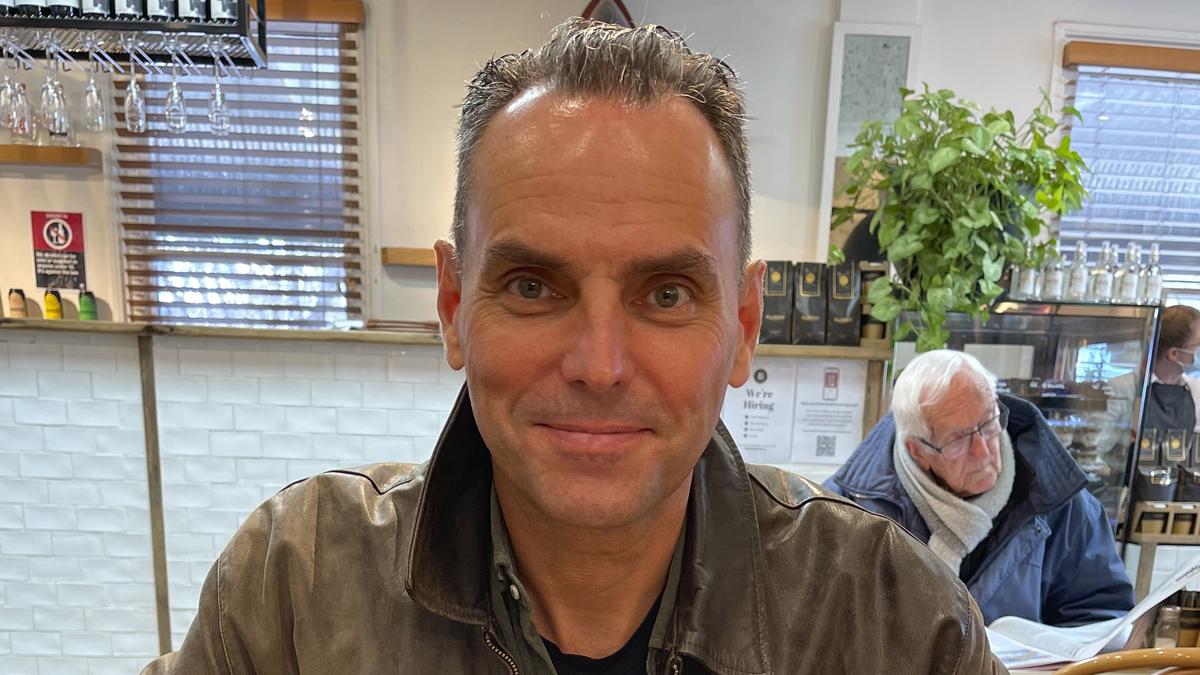Whale song man and Mirning Elder Marbanu Bunna Lawrie wants the Great Australian Bight to be protected for everyone.
Uncle Bunna has been working with the Wilderness Society and other environmental groups for years, campaigning against oil drilling and for stronger environmental safeguards for the South Australian coastline.
“Our mob have been looking after this Country and coastline for a long time,” he told AAP.
“We want to teach other people how to look after them.
“We call the sea our father, our grandfather.”
Now politics is catching up to Uncle Bunna.
On Sunday, the federal and SA Greens announced they would introduce legislation in both jurisdictions to secure protection status and safeguard the unique marine environment from pollution.
There is a staggering amount of biodiversity in the Bight, with more than 85 per cent of species found nowhere else, according to the .
Threatened and endangered species include great white sharks, southern bluefin tuna, Australian sea lions, white-bellied sea eagles and albatross, as well as more than 35 species of dolphins and whales.
Greens spokesperson for the environment Senator Sarah Hanson-Young said the Great Australian Bight should be protected from oil drilling and pollution forever.
“The Great Australian Bight is a South Australian icon,” she said.
“It has global significance because of the vast array of unique marine life, including treasured whale species and sea lions that live there …
“Both the federal and state governments have been too slow in protecting the area.
“I will introduce new laws to the Federal Parliament to fast-track protection for the Great Australian Bight with World Heritage status.”
The Bight is a whale nursery, where southern right whales come to give birth each year between mid May to late October.
says at the height of the season up to 100 whales can be found at the Head of Bight, on the west coast of SA.
An SA Government spokesperson told AAP it supports World Heritage recognition for the Great Australian Bight but the decision is a matter for the Commonwealth.
“While oil and gas exploration is not occurring in the Bight due largely to a lack of economic viability, World Heritage status would elevate international recognition for this jewel in our natural environment,” they said.
“Environment Minister Susan Close has written to the Commonwealth and has made in person representations, urging them to consider the listing.”
High support for protections
Research in November 2019 suggested most South Australians want the Great Australian Bight on the World Heritage List.
The Australia Institute poll of more than 500 people found 84 per cent support world heritage protection, up from 77 per cent in March.
The survey also showed that 66 per cent believe the bight would be a more productive asset for SA as a marine park than as an oil field.
In November 2022 the Wilderness Society and Sea Shepherd released a draft consultation paper putting forward the case for nominating the Great Australian Bight for World Heritage Listing.
The decision to lobby for World Heritage protection was announced a week before a by-election in Black, caused by resignation of disgraced former Liberal Leader , after he was charged with supplying drugs following the emergence of footage purportedly showing him snorting white powder.
A Department of Climate Change, Energy, the Environment and Water spokesperson said the preparation of World Heritage nominations is the responsibility of the state in which the place is located, under the World Heritage Intergovernmental Agreement.
A World Heritage proposal for the Great Australian Bight would need to involve a cross jurisdictional approach with SA and Western Australia, and the free, prior and informed consent of First Nations peoples with rights and interests in the area.
There are five Australian Marine Parks in the Great Australian Bight region (the Twilight, Great Australian Bight, Murat, Western Eyre and Western Kangaroo Island Marine Parks) covering 111,680 square kilometres.
In July federal Environment Minister Tanya Plibersek released the National Recovery Plan for the endangered , which includes reference to the significance of the marine mammals to First Nations with connections to the Great Australian Bight.






